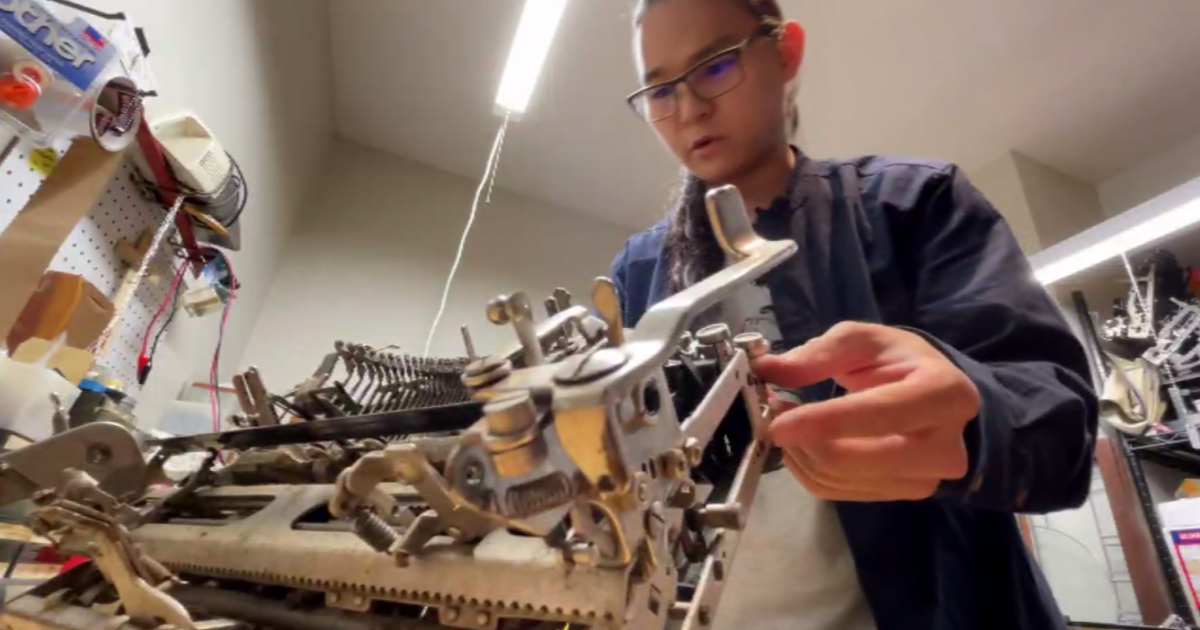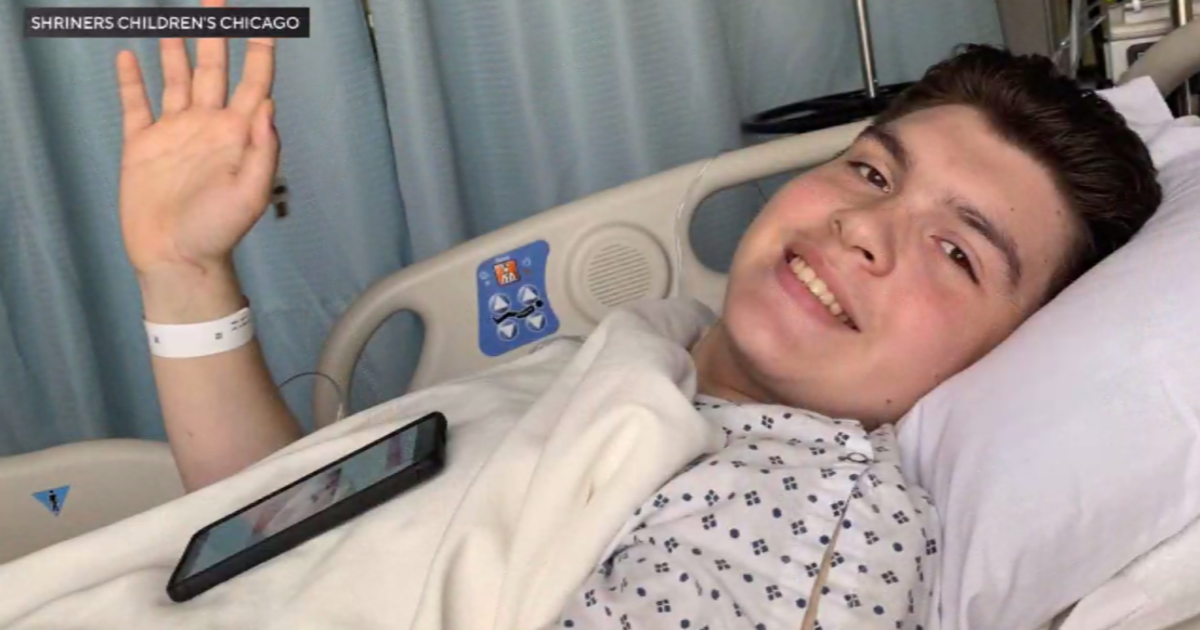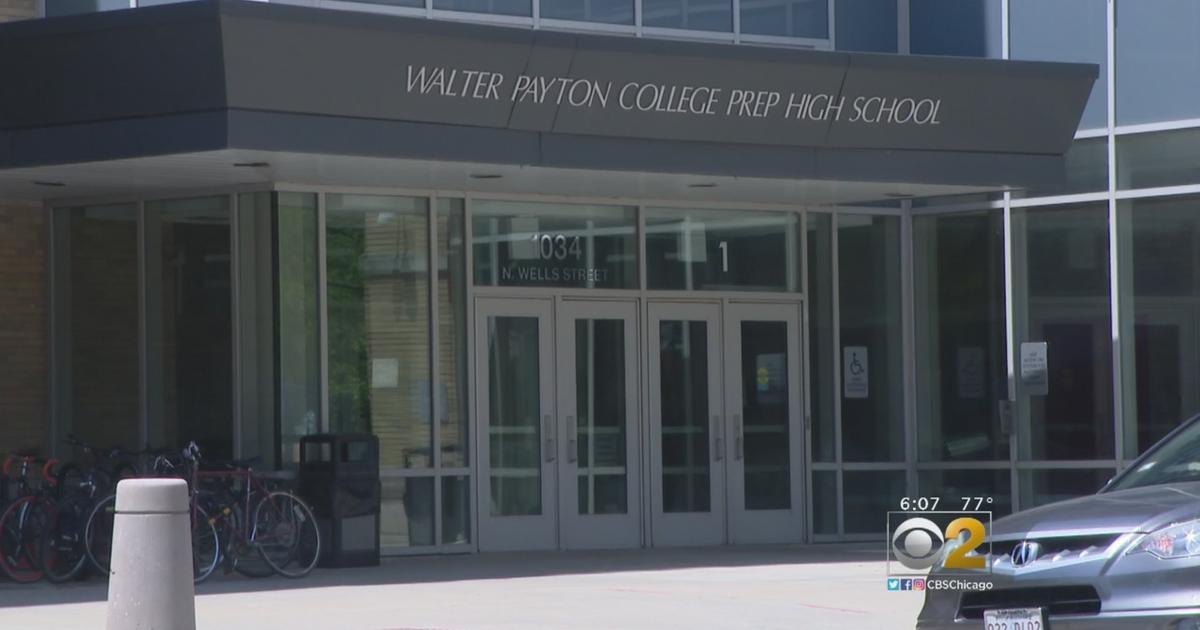Debunking Some Misinformation About The COVID-19 Vaccine
CHICAGO (CBS) -- There is just so much misinformation about the COVID-19 vaccine out there.
On "Hour 18" Wednesday, we brought in Dr. Emily Landon, an infectious disease specialist from the University of Chicago, to talk about a few of them.
One claim circulating on social media is that the vaccine contains dangerous amounts of potassium chloride (KCl), the same ingredient used in lethal injections.
Landon said this is not true.
"Potassium chloride is a medicine that we do use therapeutically – in addition to, unfortunately – in death injections. But we don't use it in death injections in the hospital. We know exactly how much we can give and can't give, and there really isn't any in the vaccine," Landon said. "Sometimes it's needed to stabilize things – but it's very clear, in small amounts, that it's absolutely safe. You know, there's a lot of potassium chloride in watermelon, and a lot of the foods that you eat every day, and bananas – that's not a problem. And we're not injecting it directly into a vein, and it isn't nearly enough to cause that kind of a problem."
Some have also expressed reluctancy to get the shot on the belief that it was rushed - developed in just a year. But in reality, the research that supports the COVID-19 vaccines has been in the works for some time, and mRNA technology used in the Pfizer and Moderna vaccines has been in the works for decades.
Research for COVID-19 vaccines was built upon past research for vaccines for SARS, or SARS-CoV-1 – which is also a coronavirus, and which caused a severe outbreak primarily in East Asia in 2003 – but ultimately fizzled.
"And on top of that, the technology that's being used – this messenger RNA technology – is currently in use in hundreds of thousands of individuals getting cancer therapies. It's been used in other vaccine trials for diseases that are much less common here and probably not super-important to most Americans. But this technology is sort of a plug-and-play versi0n of a vaccine – in other words, you can sort of put in the sequence of aino aids that you need in order to make the protein that's most important for your immune system to go over, and then just give that to the individual."
It seems there are also numerous people concerned that the COVID-19 vaccine will alter our DNA. Landon said that is not only false, but impossible.
"The vaccine and the virus have only what's called RNA in it, which is different from DNA," Landon said.
Some viruses, such as HIV, are known as retroviruses and have an enzyme called reverse transcripase that converts single-strand RNA into double-strand DNA. The novel coronavirus that causes COVID-19 is not a retrovirus and does not do that, and neither do any of the vaccines.
Thus, Landon said, "You just can't get it back into our DNA."
There have also been a report of a wide range of side effects that result from taking the COVID-19 vaccine. CBS 2's Brad Edwards asked Landon when such side effects should be taken seriously.
"I had some short-term side effects too, and they really are just the effect of your immune system practicing fighting off COVID, and they're exactly what you're looking for. So if you're having symptoms between 24 and 72 hours after you get your shot – they should start sometime in that timeframe, and they should end 24 to 48 hours after they start. If they're lingering beyond that, then it's time to contact your doctor," Landon said.
Landon emphasized that people have become infected with COVID-19 after their first shot and before their second, or just after their second shot. She emphasized that people really need to go on using caution up until two weeks after their second shots.



